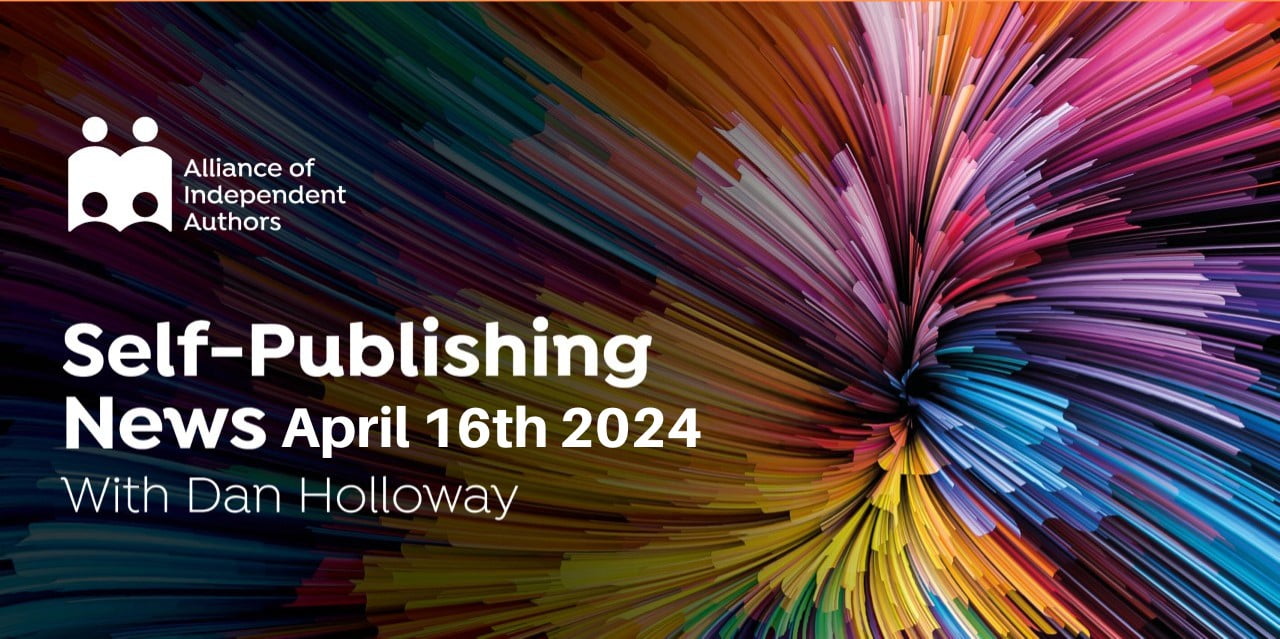
ALLi News Editor, Dan Holloway
This week sees not one but two important stories about AI and creative endeavour of interest to us here at the Alliance of Independent Authors.
First up is news of the UK Government’s ongoing work to ensure giant tech platforms engaged in producing Foundational Models (FMs) of generative AI “do not create an anticompetitive marketplace”. That’s a long-winded way of saying the government doesn’t want to see AI monopolies. And that the reason they don’t want that has to do with ensuring all business can be part of the AI revolution. Other reasons, such as concerns that such large FMs might steamroller over the rights of creators are, at best, out of scope of this work.
The Competition and Markets Authority (CMA), the government agency carrying out this work, has just published its latest update. That update makes it very clear where the government’s concerns are and, importantly for us as creators, aren’t. This won’t, of course, come as a surprise. The UK has for some time been angling to position itself as a safe haven for technology in contrast to what it sees as an over-regulated European Union. The fact that publishers have welcomed the EU’s AI Act is in itself of note.
The key points for us, those whose work companies might seek to use to train their FMs, are these:
- In contrast to the EU’s AI Act, the text and subtext suggests that industry will be asked to self-regulate rather than have regulation imposed.
- There is no mention of copyright in the extensive principles outlined in the paper. Indeed those principles only recognise the platforms that own “inputs” into FMs, with no seeming thought for where those platforms acquire their data.
- There is repeated emphasis on the danger that restricting access to training data might lead to an anti-competitive market. This actively suggests a disincentive for firms to pay publishers for access to content. And it suggests that our consent to the use of our work might become secondary to the way our works are used. If consent has a role to play at all, there may be pressure to ensure that once your work is available for use by one platform it will become available for use by all, meaning creators can't choose the who and how of consent.
Results from The Society of Authors survey
Then we have the results of a major survey from The Society of Authors on creators’ response to AI. Their headline text sums up its findings well: Survey on generative AI highlights the growing impact of new technologies on creative careers, and an urgent need for ethical development that works within copyright laws.
The survey, which attracted 800 respondents across fields from writing to illustrating and translating, looked at various facets of the creativity and AI debate. It asked how many people were using AI in their work, how people’s livelihoods were being impacted, and thoughts on the appropriate response.
Needless to say, that last category, and the Society of Authors’ recommendations around it, feel a world apart from the CMA update. The specific recommendations are:
- The developers of generative AI systems must commit to transparency and ethical development, and engage with rights holders – collectively and individually – about consent, credit and remuneration.
- There is an urgent need for Government regulation of generative AI systems to ensure these systems are developed and used ethically and lawfully – with requirements for transparency, consent, credit, labelling and remuneration.
- The Government needs to uphold copyright laws in the UK and strengthen enforcement mechanisms.
None of those is on the CMA’s radar. Technology is, of course, a much larger sector than publishing, and it really does feel as though that size, and the relative leverage of the two sectors in global relations, is driving the value ascribed by regulators.
But when it comes to those working in our industry, the survey shows 94% and more want tighter enforcement of copyright, and transparency and compensation from AI platforms (as noted, such compensation in particular is specifically disincentivised by the CMA report).
Figures from the survey on use of AI shows around a fifth of creators have used generative AI, while slightly more, 30% have used it to brainstorm ideas.
Figures about concern for livelihood are, of course, alarming. To quote the findings:
Almost two-thirds of writers of fiction (65%) and over half of non-fiction writers (57%) believe that generative AI will negatively impact future income from their creative work, with this rising to over three quarters of translators (77%) and illustrators (78%).
And more than half of those numbers say they have already lost income and their work already has less commercial value.
This continues to feel like a debate where various sides are a long way apart and in desperate need of a bridge that only one of those sides feels the need to build. It will be interesting to see whether those of us on the creative side can tell the story that technology needs us. If anyone can, it should be an industry full of storytellers.




